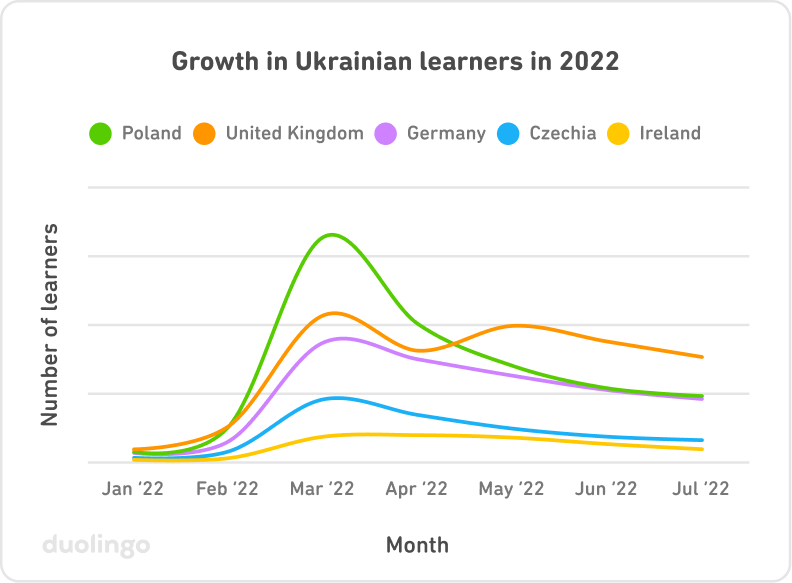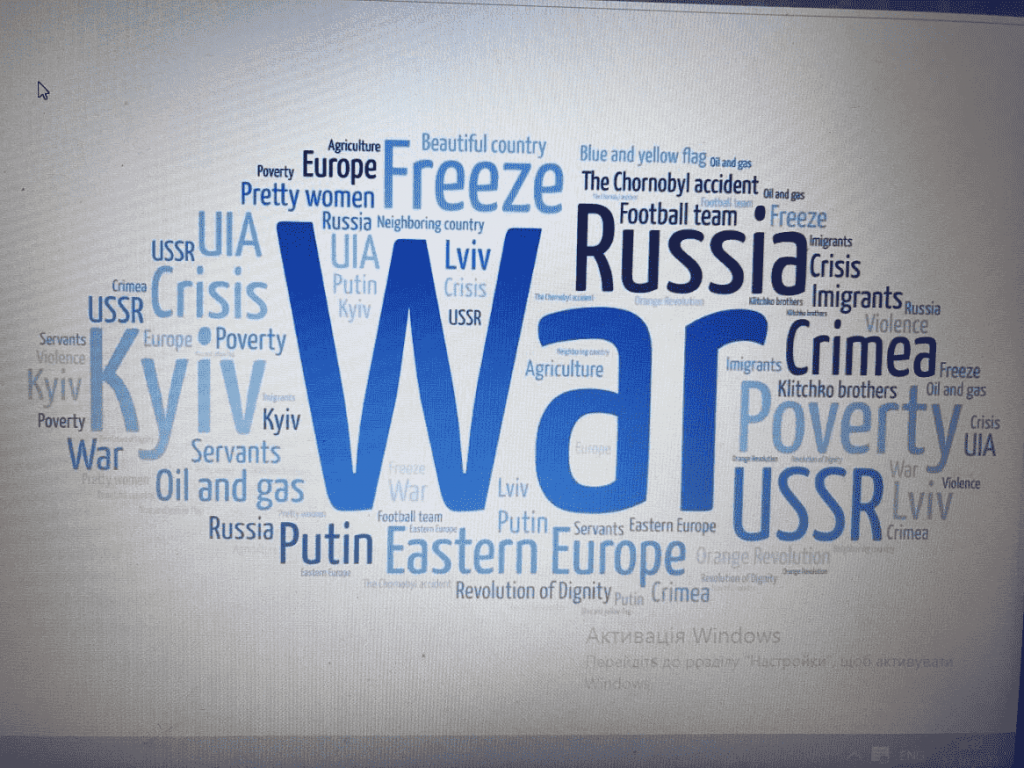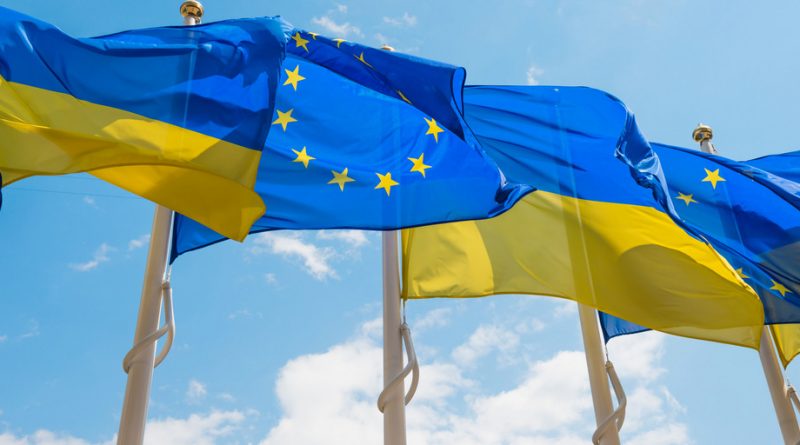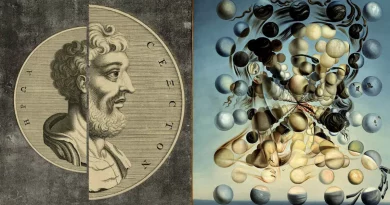How the war changed attitude of Europeans towards Ukraine
From the very beginning of the Russia’s full-scale invasion to Ukraine many states, especially the European ones, immediately came to help Ukrainians to defend themselves from the enemy and even admired their heroism, but did they really expect such resistance from this country and how did they perceive its citizens before the war? Let’s look at the facts to find that out.
The attitude in Europe towards Ukraine before the war

A survey was carried out on behalf of the Institute of World Politics in 2015, in the six most inhabited countries of the European Union (Germany, France, Italy, Spain, United Kingdom and Poland). The general public, between the ages of between 16 and 54 years were asked about the things that they associate with Ukraine, the majority of the respondents highlighted three things: war (46%), Russia (18%) and poverty (9%). Oddly enough, the association with Kyiv, the capital of Ukraine, took only fourth place in this survey. The other answers were Eastern Europe, the freeze, the USSR, gas and oil, the Chornobyl accident and even Putin.
Thoughts of Europeans about whether Ukraine should be in the EU
When asked whether Ukraine should be a part of the European Union and why despite being a part of Europe, it was generally thought unlikely that Ukraine would become a member of the EU, poverty, corruption and oligarchs were cited as significant obstacles. Based on the results of the survey, it can be concluded that most Europeans did not know much about Ukraine and did not consider it a country of European level, being rather a minor part of Russia.
Distribution of Ukrainian culture in Europe
However, the situation slightly changed after the beginning of the full-scale Russian invasion on the 24th of February 2022, when the world, in particular, Europe, saw the resilience of Ukrainians, who defended European values at the cost of their own lives and resolutely cut off the enemy, protecting the security of not only their motherland, but also Europe.

In view of this, many people, that did not know much about this country, found themselves interested in Ukrainian culture, art, traditions and even language, which was often previously mistaken for Russian. According to the data of the Duolinguo app, compared to the previous year, the greatest number of learners of the Ukrainian language in European countries in 2022 were Germany (+ 1,651%), Poland (+1,615%) and the Czech Republic (+1,515%). Ukraine also appeared more and more often in international competitions, exhibitions and festivals, dedicated to its culture. Some of the habitants of the European countries also had a chance to find out more about this initially unknown nation by meeting some of its habitants in person, through the arrival of many Ukrainian refugees in Europe.
Ukraine in the political arena
It is hard to believe, but on the fourth day of the war Ukraine applied for the membership in the EU. This was very significant for me personally as the application was prepared by my mother, Zoryana Makarukha, who has dedicated her whole professional life to achieving the goal of securing membership in the European Union for Ukraine.

Notably, the EU and its member countries welcomed the application and the EU institutions worked round-the-clock together with Ukraine to complete the relevant documentation. As a result, the European Council granted Ukraine the status of a candidate for membership in the European Union based on a previously approved resolution of the European Parliament in June 2022.
Prospects of integration of Ukraine in Europe in the future
Receiving the status of the candidate for the EU membership is, obviously, only the beginning of a complex negotiation process concerning the EU-membership, which includes a huge list of reforms. But today the EU members have no doubt that Ukraine is a part of the European family, culture and mentality and the hearts of Ukrainians beat together with the heart of Europe.
Conclusion
Only now does the world, specifically Europe, recognise the real Ukraine: it is not only about the war, being a post-Soviet state, or its level of prosperity. Now Europeans see the rich history, culture and the exceptional, irresistible national spirit of the Ukrainians.
Sofiia Makarukha / S5ENB / EEB1 Uccle




